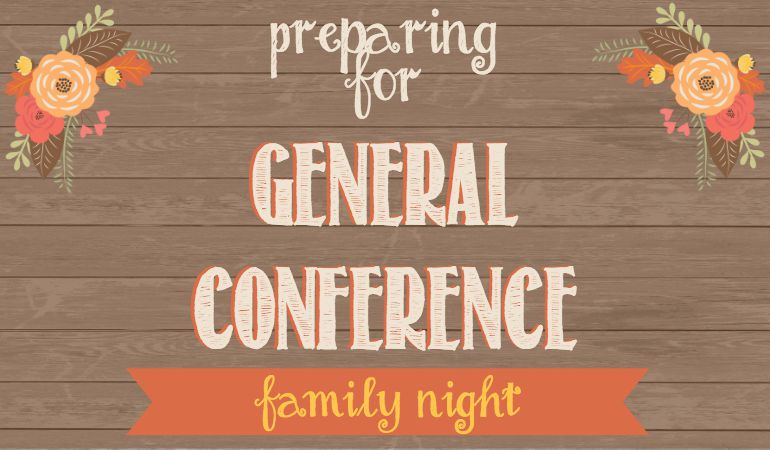Today Rachel is sharing some ideas for helping young families make the most of their scripture study. After all, what’s the point of reading together if no one ever learns anything?

It’s just about time for the kids to head back to school—if they haven’t already started! From meeting the teachers, to checking out textbooks for the year, to shopping for school supplies, I’m spending a lot of time thinking about learning and study. I recently ran into a great article with seven learning strategies used by kids and how they can help everyone learn better. I love the idea of incorporating childlike learning strategies into lifelong learning, but as I was pondering how to adopt some of these skills into my life, I realized that each of the seven strategies could revitalize scripture study as well!
Check them out and see if any of these approaches could strengthen your approach to studying God’s word.
- Repetition. Apparently, kids inherently understand that practice makes perfect. Think of how many times you had to reread the same bedtime story to your kids (Goodnight Moon, I’m looking at you). Similarly, daily scripture study, practiced over days, weeks, months and years will change the way we understand both the scriptures and the practice of scripture study. Make it daily. Start again. Form a habit.

- Use all of your senses. Anyone with children knows that babies understand their world through all five senses, because just when you think you’ve baby-proofed your house the little one finds something tiny and gross on the floor to stick into their mouth! Babies touch, taste, smell, see and hear everything. It’s the first way they learn. Am I encouraging you to eat the scriptures? Not necessarily (not unless you think it might help!) but putting yourself into the scriptures more wholly could definitely help you understand them better. What did the dry bed of the Red Sea feel like as the Israelites walked across? Do you think Jesus’ disciples smelled like fish when they left their nets to follow Him? Use all five senses to make the scriptures stories real.
- Don’t Copy Me! How often have you heard siblings complain that the younger one is copying a favorite joke, pose, or game? All the time around my house. Apparently imitation is a great way for children to learn. When it comes to scripture study, I think the example of others can take our gospel learning to a whole new level. Ask friends and respected mentors at church how they pull off personal and family scripture study. From preparing spiritually to practical tips, following the example of others can spark your study. Be humble enough to ask and learn from others!
- Music. Remember what a big part music plays in elementary school learning? From nursery rhymes to multiplication tables to songs to memorize the 50 states, music helps kids with learning. It can help with scripture study too! For one thing, you can use it to memorize the books of scripture. But calming, classical music or worship music can also get you in the frame of mind to read and hear the word of God.
- Play Pretend. Fantasy and role-playing is supposed to have all kinds of learning benefits, like creativity and empathy. It’s another great strategy for understanding scriptures better. Aside from putting yourself into scripture stories, you could try rewriting some familiar stories to explore God’s role in the lives of his people. What if Jonah hadn’t been swallowed by a whale? Do you think he would have found a way to repent and obey God? Do you think God would have reached him and the people of Nineveh in a different way? Exploring possible alternate endings can teach us a lot about the way God interacts with us.

- Sleep. Studies show that getting enough sleep plays a key role in learning. Think about how many hours a day an infant sleeps! Part of the benefits seem to be better recall in learning. Likewise, studying scriptures when you’re wide awake could be a critical learning strategy, couldn’t it?! Think about switching up your reading time so you can stay awake.
- Ask Questions. Kids learn by asking lots of questions. I will never forget this string of questions that came from my six-year-old one afternoon in the car:
- How do we breathe on earth?
- Why can’t we breathe in space?
- What is photosynthesis?
- What happens if you touch the sun?
- What would happen if a meteor hit the earth?
- What if the meteor was so big that it split the earth in half?
- What is the center of the earth like?
- What do eardrums do?
- Can I go on top of stuff (like buildings)?
- What if there’s a fire and the roof is the only place with no fire?
The scripture approach? Don’t be afraid to ask questions about what you’re reading. Start a journal of questions and pray over them. Ask in faith, nothing wavering (James 1:5-6) and I can promise with confidence that God will answer.
Seven simple learning strategies that could revitalize your scripture study. Just in time for back-to-school!
For more posts like this on OSSS, try these:
10 Ways to Make Your Sabbath a Delight

General Conference Family Night: A Great Way to Get Prepared!

How to Never Miss a Day Reading Scriptures
